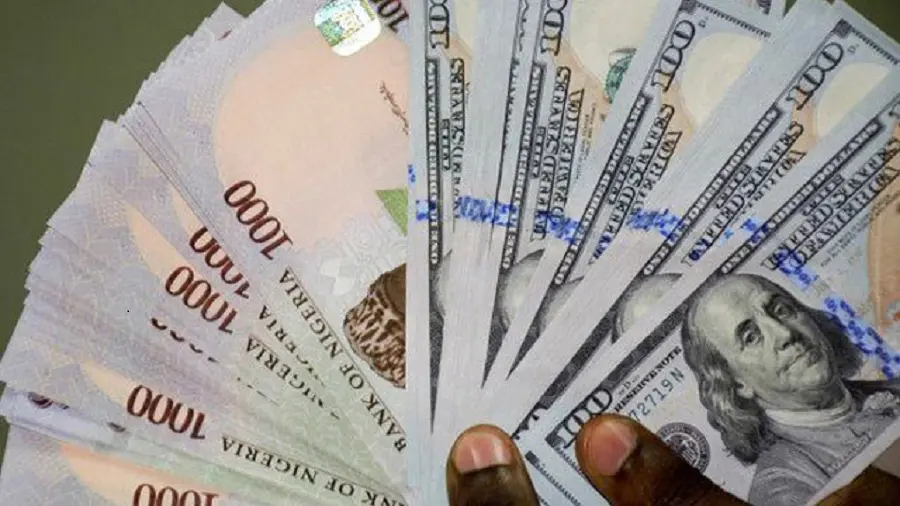In recent economic news, the Nigerian Naira has taken a sharp downturn, plummeting to a new low of ₦1,401.464 per USD on May 6, 2024. This concerning decline is attributed to various factors including economic instability and the influence of the black market. In response, the Central Bank of Nigeria is actively engaged in efforts to stabilize the currency, amid growing apprehension among Nigerians.
Comparisons to previous years underscore the ongoing struggle to uphold the Naira’s value against the Dollar. The black market exchange rate reflects this trend, with the US Dollar trading at ₦1390 Buy and ₦1420 Sell as of May 6, 2024. This depreciation ripples through other financial sectors, impacting the value of cryptocurrencies and precious metals within the country.
Nigeria’s economic woes are further compounded by soaring inflation rates, stemming from monetary policies and heavy dependence on imports. Government initiatives aimed at promoting local production and restricting Dollar access for select imports face hurdles, including a significant backlog of foreign exchange demand. The recent Naira devaluation, coupled with interest rate hikes by the Central Bank, elicits a mixed response from investors and the public alike.
Despite concerted efforts, the Naira continues to face downward pressure. Analysts speculate potential rallies to bring the currency below 1000 per Dollar, buoyed by recent Central Bank interventions. However, persistent economic turbulence and external factors like global market trends pose formidable challenges to the Naira’s recovery.
As Nigeria navigates this economic crisis, the Central Bank and government confront mounting pressure to enact effective strategies for Naira stabilization and address underlying issues driving its depreciation. The future trajectory of the Nigerian economy and the Naira’s value remain uncertain, with stakeholders closely monitoring the Central Bank’s actions to mitigate this situation.
